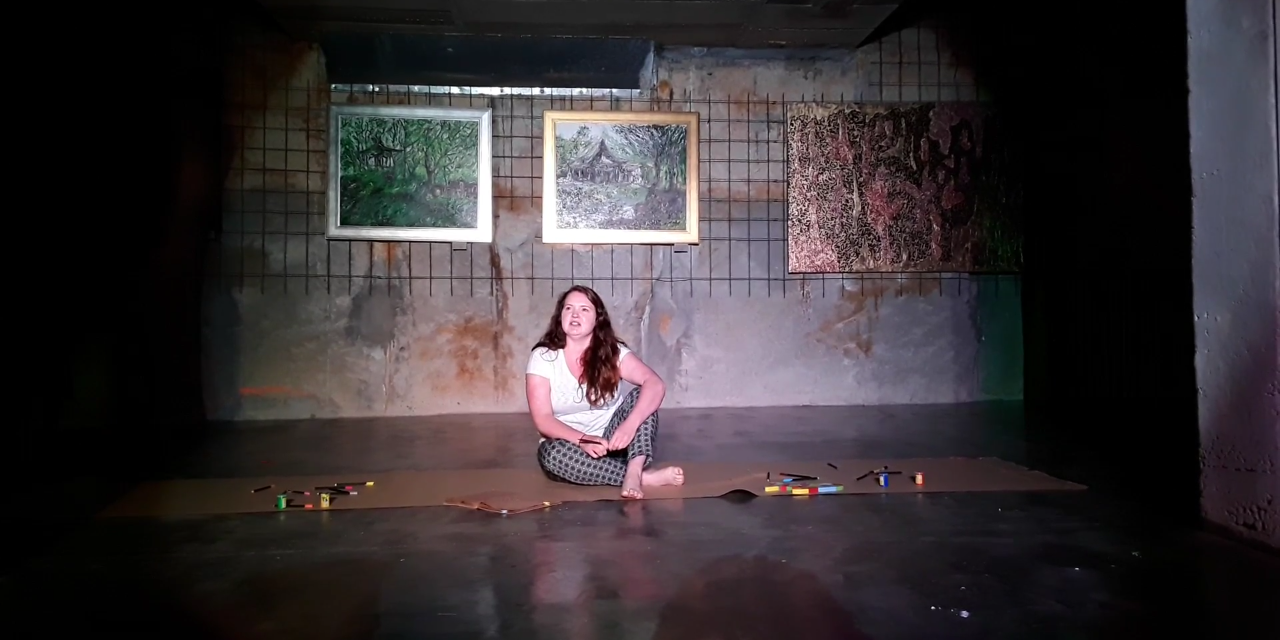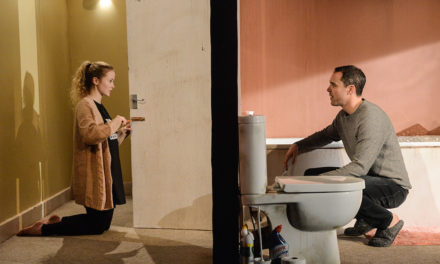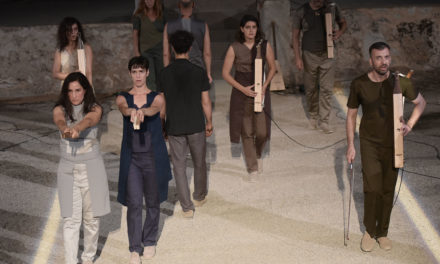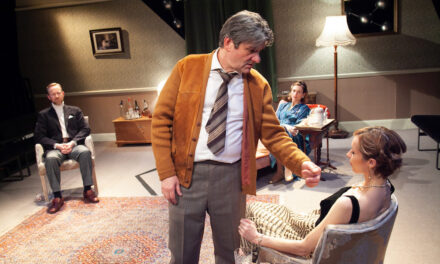Dear Dsylexia–written on purpose with the wrong spelling–is a stunning piece of solo theatre, written, directed and performed by young artist Rosie Lennox at the Barcelona Solo–International Festival of Solo Performance 2018.
The play and the performance are, in few words, an intimate and powerful journey into the life and conscience of a person affected by dyslexia, devised in a very interesting and challenging way. Lennox tries successfully to write and create a show that is a dyslexic show itself, with no real filters–such as the proofreading for the writing part–but inviting the audience in her world. In this sense, two elements of the staging are incredibly good: the creation of a dyslexic alter-ego of the protagonist–a child puzzle with the shape of a fish–who gives an additional body to the dyslexia and it is a companion of the protagonist; the use of an hand-written diary, with a clear logic but developed in a dyslexic way, given on some occasion to the audience and making, in this way, the invitation of Lennox to join her more immersive.
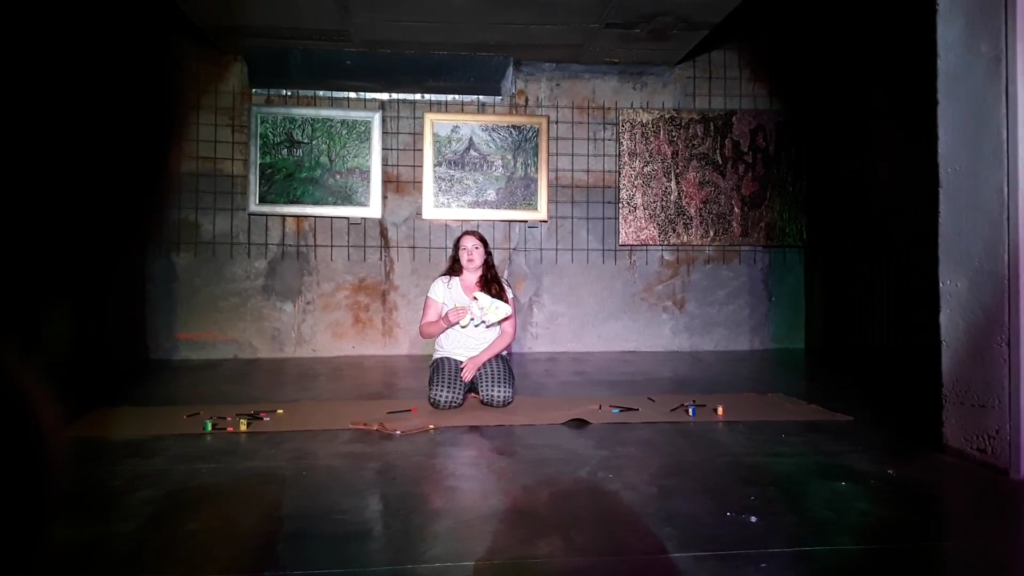
Picture by the author.
The work is fun and strong at the same time, there is passion and rage, and, very important, it is a performance that works on different level: it can be appreciated in a theatre context with an adult audience, as it was at the Barcelona Solo, but also any children in other environments such as schools or hospitals. This is possible because Lennox has created a performance that is, at the same time, a great pure monologue, but also a play that functions as an applied theatre piece in the field of communities, medicine and science, really better than many other plays more sophisticated. Because Dear Dsylexia, together with all the artistic elements that it surely has, has also something more: the gift of honesty.
This post was written by the author in their personal capacity.The opinions expressed in this article are the author’s own and do not reflect the view of The Theatre Times, their staff or collaborators.
This post was written by Armando Rotondi.
The views expressed here belong to the author and do not necessarily reflect our views and opinions.

